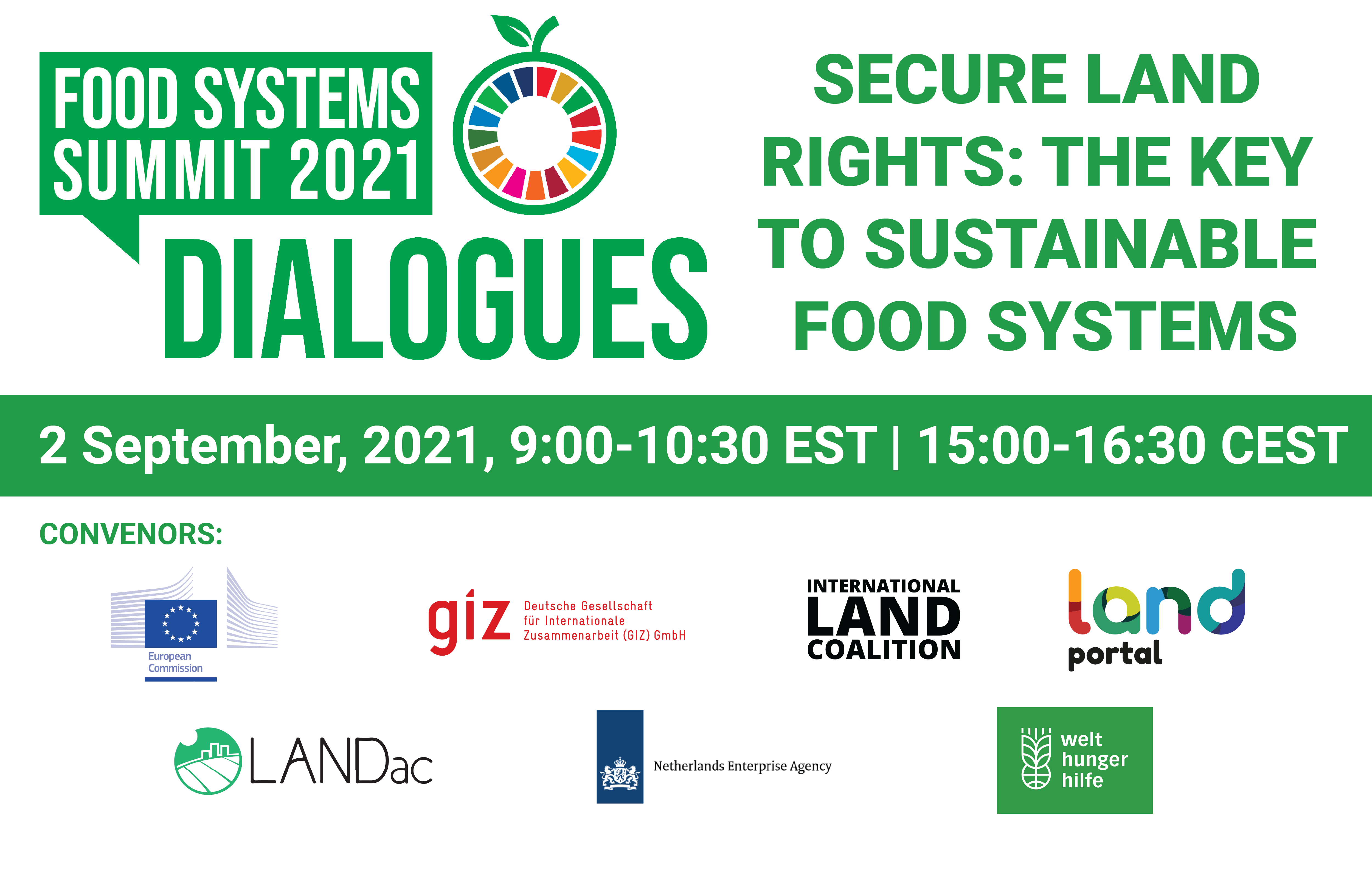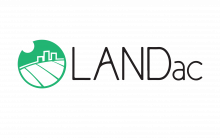Securing land rights is critical for realizing sustainable food systems that provide food security and overcome poverty. Security of property rights is central to preserving livelihoods, maintaining social stability, and increasing incentives for investment and for sustainable, productive land use.
Secure land tenure provides women, indigenous peoples, pastoralists and others with incentives to invest in land improvements and also enables farmers to increase access to financial services, government programs and social safety nets, particularly for women. Land rights are also key to enabling poor women and men to exercise the fundamental right to be free from hunger and poverty, and to live in dignity. Additionally, at the international level, frameworks such as the Principles for Responsible Investment in Agriculture and Food Systems and the Voluntary Guidelines on the Governance of Tenure have been developed to guide agricultural investments so that they contribute to, rather than undermine, food security.
This Global Independent Dialogue was convened by the Land Portal Foundation to draw attention to improved land governance as a cross-cutting thread that underpins success of the Summit’s 5 Action Tracks. The Land Portal Foundation partnered with the European Commission, the International Land Coalition (ILC), LANDac - The Netherlands Land Academy, RVO, and Welthungerhilfe as Co-Convenors.
The dialogue included a plenary session that features eminent speakers, which was followed by facilitated discussions on key actions necessary to obtain secure tenure and thus achieving sustainable food systems for women, indigenous peoples and pastoral communities. The aim was to reach a concrete set of resolutions from a diverse range of stakeholders that will feed into the Food Systems Summit.
Panelists

Karol Boudreaux (Curator)
Senior Land and Resource Governance Advisor at USAID
United States of America
Karol Boudreaux is the Senior Land and Resource Governance Advisor at USAID where she supports USAID Missions, Bureaus and Offices to design, develop and implement activities to secure land rights and to create policies that reflect the key role land plays in promoting development objectives. Karol, a lawyer, was previously Chief Program Officer at Landesa, a global non-profit that works on land issues around the world and she also previously served as the Africa land tenure specialist with the U.S. Agency for International Development’s (USAID). She has published widely on topics related to land tenure and property rights and earned her B.A. from Douglass College, Rutgers University, and her J.D. from the University of Virginia.
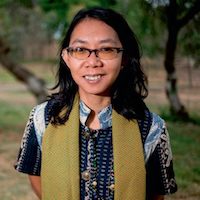
Mina Setra
Deputy Secretary of AMAN
Indonesia
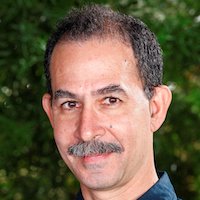
David Kaimowitz
Manager, Forest and Farm Facility
Food and Agriculture Organization of the United Nations (FAO)
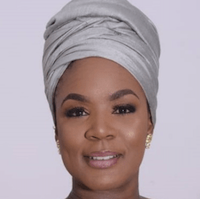
Ellen Pratt
Commissioner of Land Use and Management
Liberian Land Authority
Hon. Ellen Olounfe Pratt is the Commissioner of Land Use and Management with the Liberian Land Authority. Commissioner Pratt is an executive management professional and a certified urban planner with a specialization in urban infrastructure development, who has over 20 years’ experience in public and private sector institutions, both in the US and Liberia. As one of five Commissioners of Liberia’s newly legislated land agency, Commissioner Pratt is charged with the development of a National Land Use Planning and Management Framework, which will be the first comprehensive land planning strategy developed in Liberia.
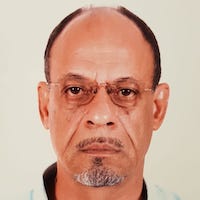
João Carrilho
Researcher, Observatório do Meio Rural & former Vice-Minister of Agriculture and Rural Development
João Carrilho, with a professional background in Civil Construction and Agricultural Development, holds a MSc. in Remote Sensing and is a research assistant at the Observatório do Meio Rural, and a member of the National Land Policy Review Committee. He coordinated land projects from 2011 to 2016, implementing community land delimitations and systematic land tenure rights regularization. He managed rural finance projects from 2006 to 2011. Carrilho was Vice-Minister of Agriculture and Rural Development from 2000 to 2005, and the Chairperson of the Institute of Rural Development from 1996 to 1999. From 1975 to 1995, he worked at village, provincial and national levels in rural infrastructure, agricultural extension, and training.

